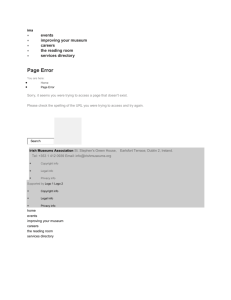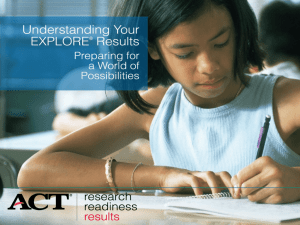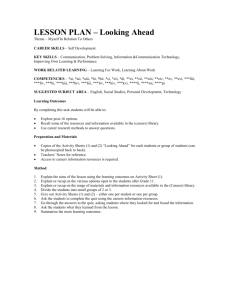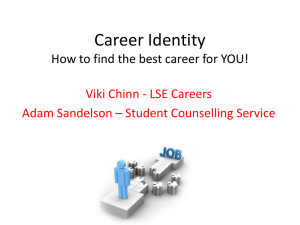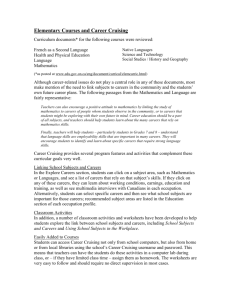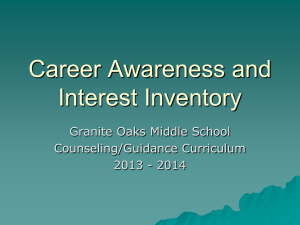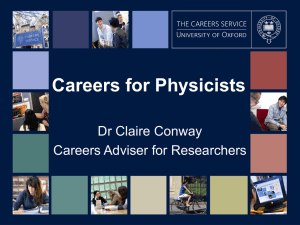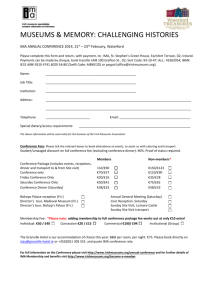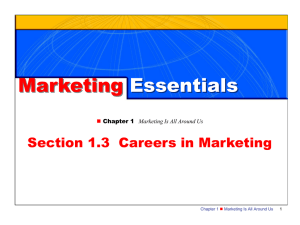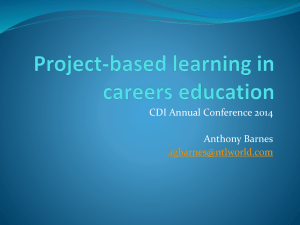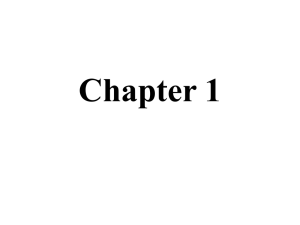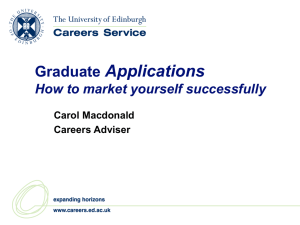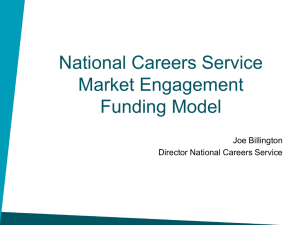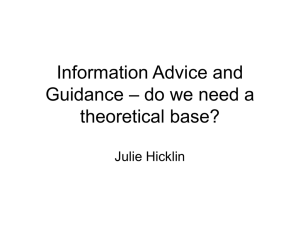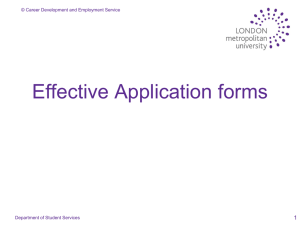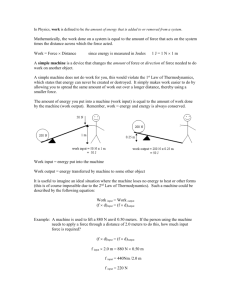What do mathematicians do?
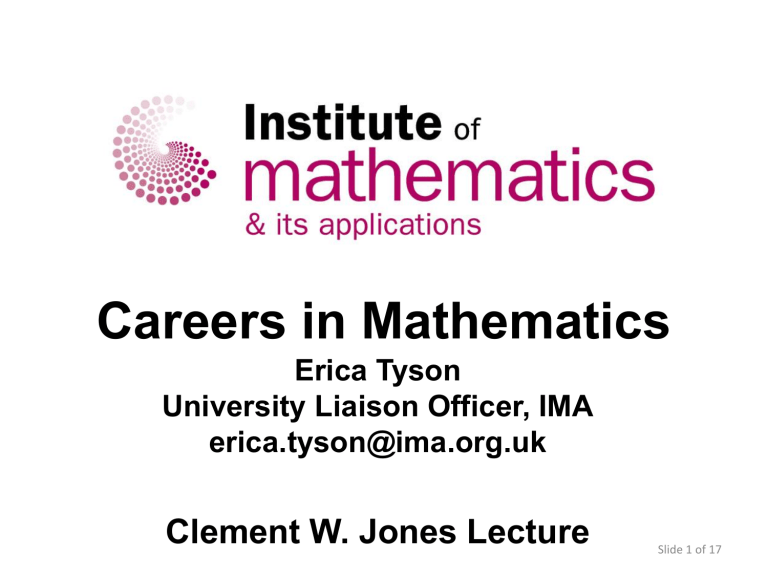
Careers in Mathematics
Erica Tyson
University Liaison Officer, IMA erica.tyson@ima.org.uk
Clement W. Jones Lecture
Slide 1 of 17
What do mathematicians do?
www.mathscareers.org.uk
Slide 2 of 17
What kind of role?
What kind of organisation?
Sector, status, size ....
Don’t be put off by the job title
Slide 3 of 17
Accountancy
Banking
Distribution
Insurance
Journalism
Marketing
Public relations
Purchasing
Sales
Careers Open to All
Graduates
Administration
IT
Financial Mang’t
Leisure/tourism
Human Resources
Retail
Transport
Social Work
Slide 4 of 17
Careers Specific
Options with Maths
Further Study, Research, Teaching
IT, Operational Research
Gov Statistical, Security Services
Engineering & Engineering Consultancy
Management Consultancy
Actuarial, Investment, Pensions, Financial modelling, Product pricing
Meteorology Environment Patents
Statistics – Pharma, Health, Data mining,
Market Research
Slide 5 of 17
Useful sites
Career profiles/advice: www.MathsCareers.org.uk
http://www.cse.salford.ac.uk/mathematics/tasterday.php
Academic jobs: www.jobs.ac.uk
Find a PhD: www.findaphd.com
Graduate positions: www.prospects.ac.uk
www.gradcracker.com
Plus Careers Library: plus.maths.org/interview.html
Travels in a Mathematical World podcast: www.travelsinamathematicalworld.co.uk
Slide 6 of 17
Useful sources
• Careers fairs
• Presentations
• Company web-sites, annual reports (text)
• Alumni
• People you know
• Social media – LinkedIn groups
• Careers service – resources for helping and checking CVs and applications, notices of vacancies and opportunities
Slide 7 of 17
Skills of a
Mathematician
QAA Benchmark Statement for Mathematics, Statistics and Operational Research (MSOR) graduates
• general study skills
• independent learning
• independent working
• pursuing problem solution to conclusion
• time-management and organisation
• adaptability
• general IT skills
• transferring knowledge between contexts
• logical and analytical problem solving
• highly developed numeracy
• general communication skills
Slide 8 of 17
What do employers think?
Employability
Transferable skills
Behaviours
Competencies
Slide 9 of 17
Building Your CV
Strengths Interests
Societies - Visits, Talks, Events, Committees
Work experience, Volunteering, Education
Outreach
Team activities – participating reliably, organising
Creative/Practical/Languages/Programming – keeping up skills, building, developing, adding new ones
Slide 10 of 17
At Interview
• They want to hire you
• Talk to them, back up your application
• Know about them – web, annual report, share price/league table position
• Use their info, themes – show your experience/enthusiasm fits
• Specific concise examples. What, why, result, even better if.
• Ask questions.
Slide 11 of 17
Who are the IMA?
Professional Body and
Learned Society for
Mathematicians
Slide 12 of 15
IMA Membership
Recognition
Development
Participation
Information
Slide 13 of 15
Benefit of Membership and Participation
Demonstrates you take your career and your development seriously and supports you in achieving your goals
Slide 14 of 17
Get the best from work experience
• What skills can they give you/ do you plan to acquire ?
• Clear objectives and Reviews
– SMART
• Training/Coaching
• Work with experts/people who are good at what they do.
• Opportunities to present, write reports/papers
• Ask questions, Seek feedback
Prof. Clement W. Jones
CMath FIMA
Application takes time and effort
Up to date CV - tailor to fit
Strengths, Awards, Prizes
Work or voluntary experience
Team activities – sport/societies/social
Creative/Practical/Languages
Programming skills
Follow the instructions, Use the opportunity
Long text question – they want answers
Double check for typos/mistakes
Slide 17 of 17
Initial Professional
Development
The route to CMath
CMathTeach or CSci
Developing competence
Achieving professional standing slide 18 of 15
